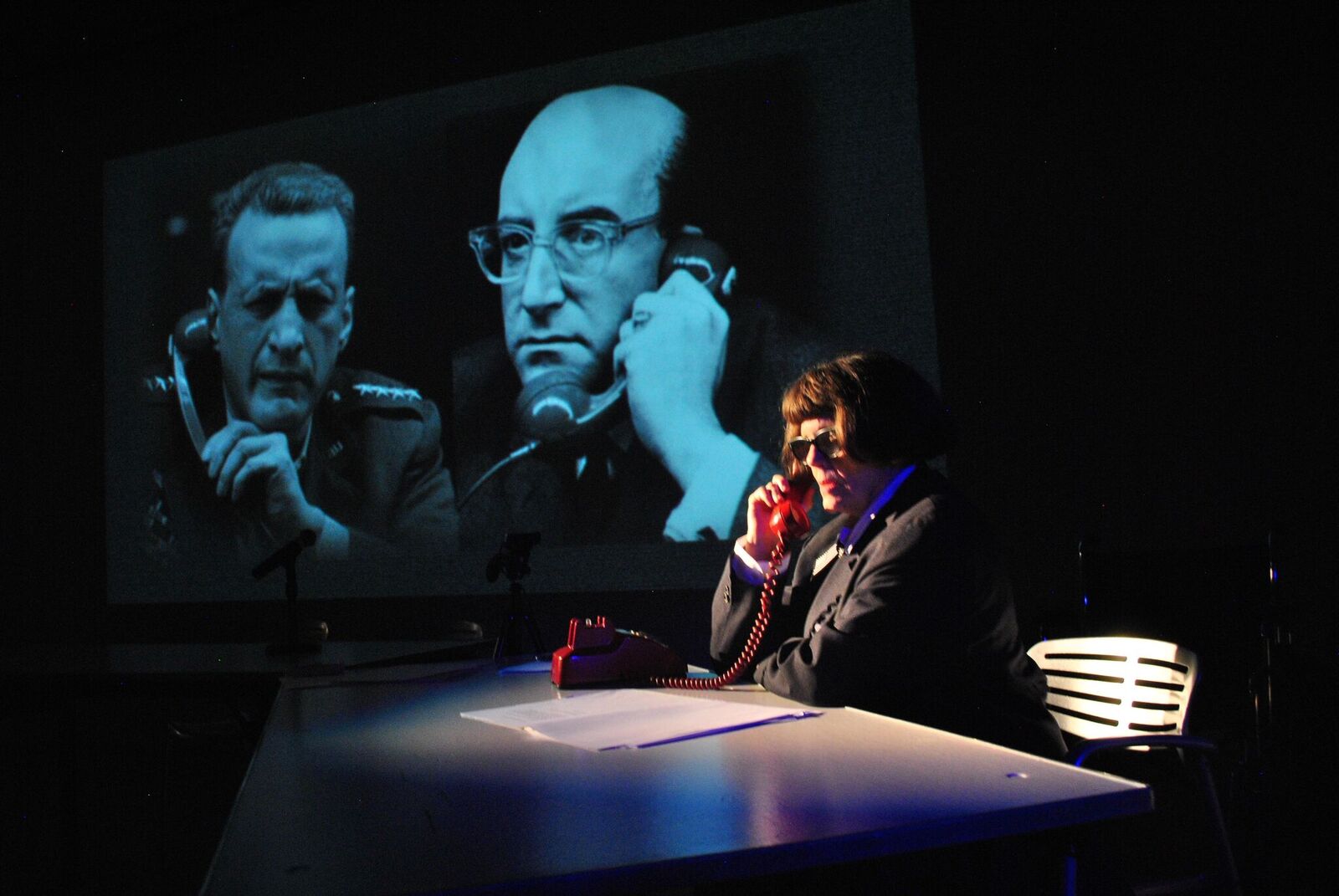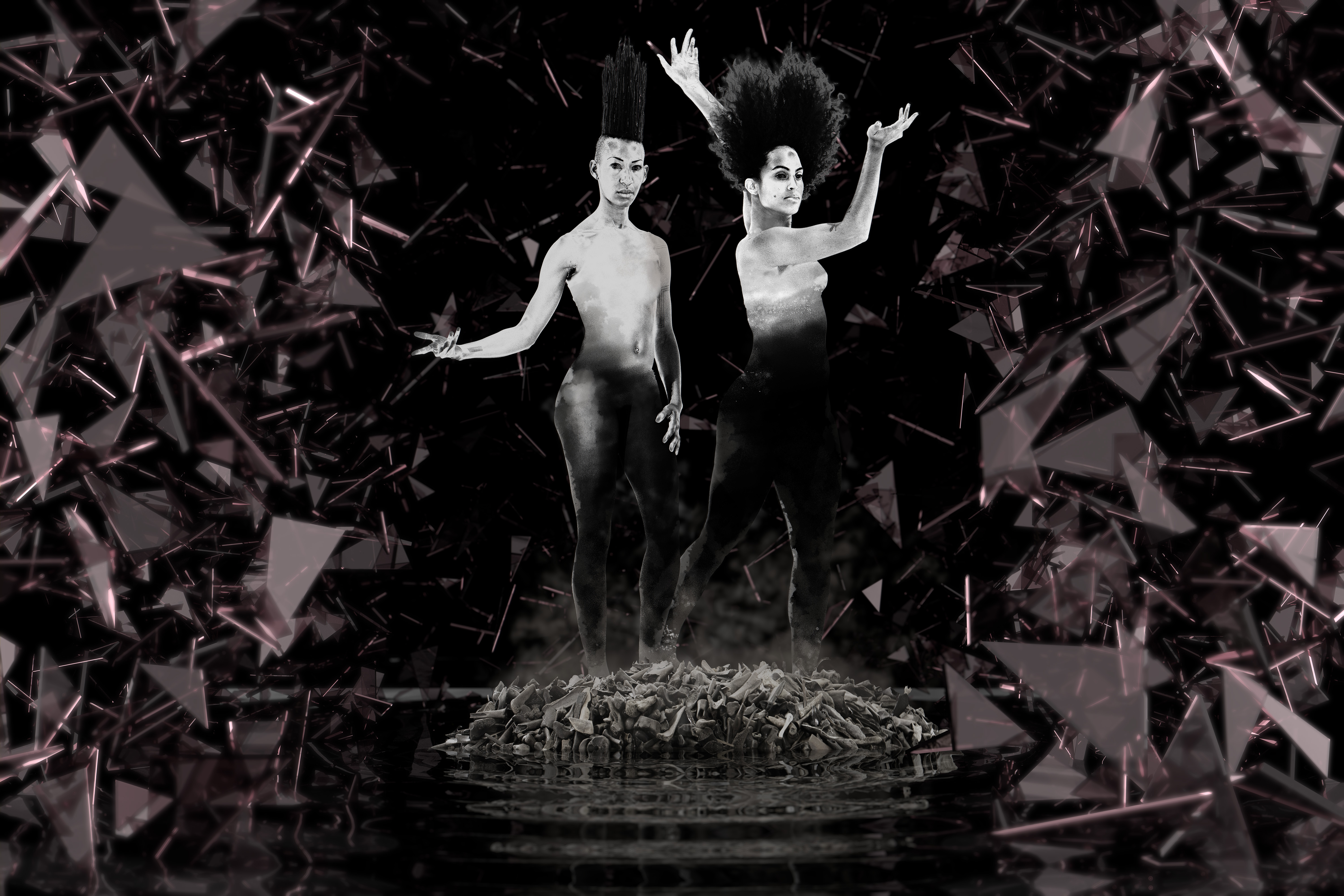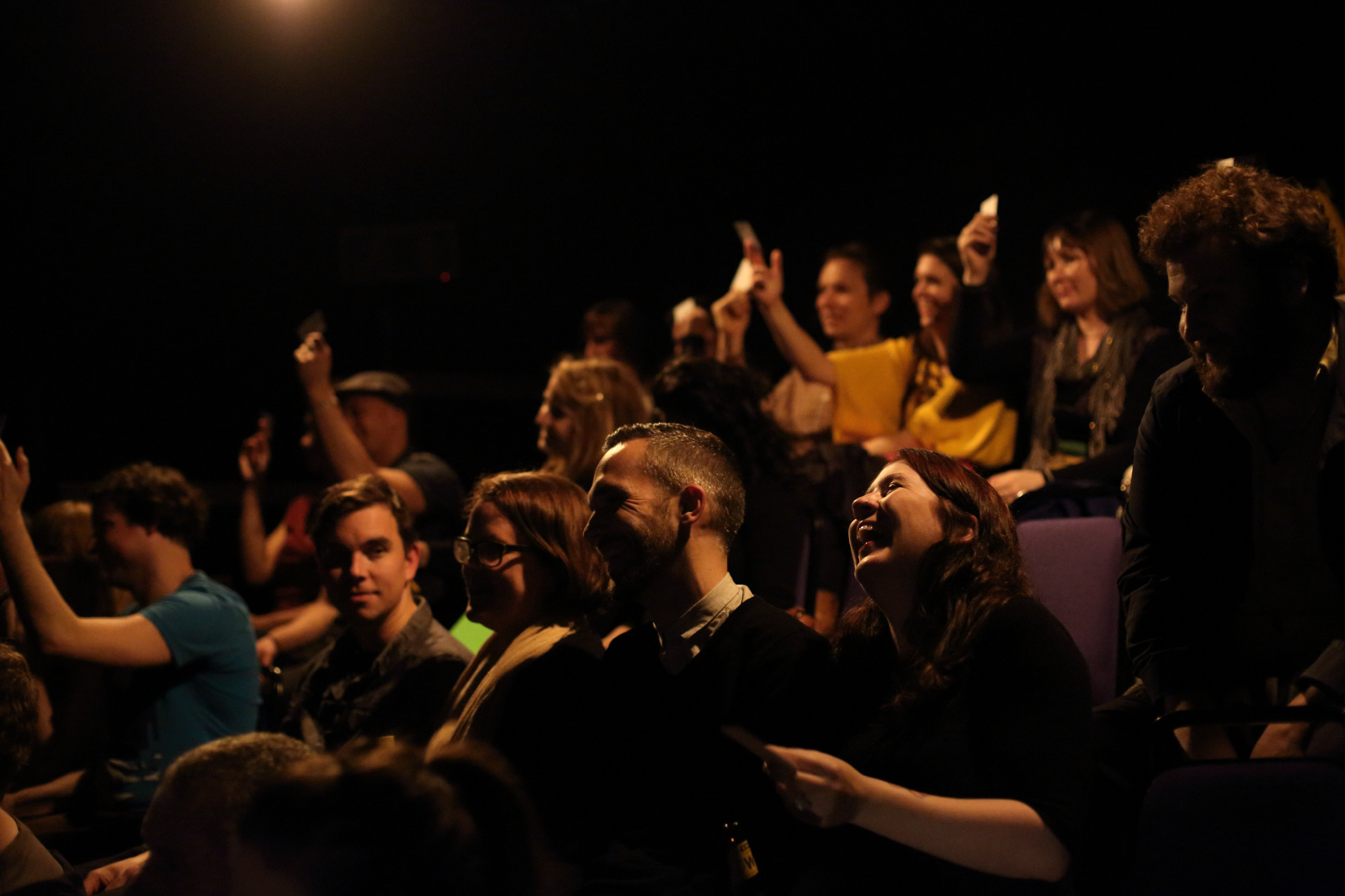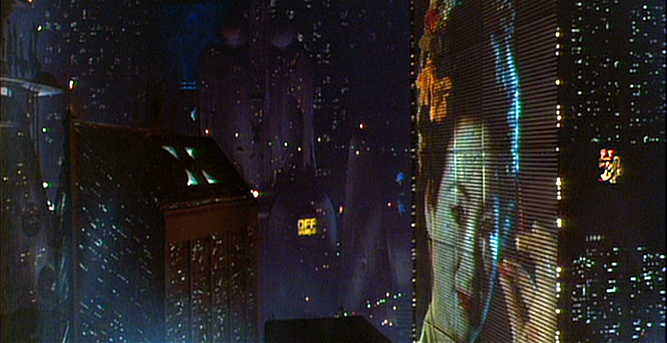In her 1980 paper ‘Age, Race, Class and Sex: Women Redefining Difference’, feminist writer Audre Lorde calls the myth of the “generation gap” one of the primary tools of repressive societies. “If the younger members of a community view the older members as contemptible or suspect or excess,” she writes. “[T]hey will never be able to join hands and examine the living memories of the community, nor ask the all important question, “Why?” This gives rise to a historical amnesia that keeps us working to invent the wheel every time we have to go for the store for bread.”
For all of our insistence on intersectionality and platforming minority voices, our dismissive attitude toward older people remains an oft neglected blight on contemporary society and its journey towards progress. Its effects may not appear as harmful or disastrous as other “isms” that occupy popular – and certainly student – culture, yet ageism remains an insidious force weaving disparity between the young and old. As such we consistently shun and ridicule the voices of those who often possess the greatest wealth of experience and knowledge, the development of our society stagnates, and we remain weak to the oppressive structures we seek to overthrow.
Enter Split Britches. The American performance duo arrived at the Attenborough Centre for the Creative Arts (ACCA) with a simple but radical message: listen to your elders. They did so not in a toxically traditional, manners-for-the-sake-of-manners sense – rather as an imperative for the continuation of life as we know it. In a bizarre homage to Stanley Kubrick’s 1964 Cold War black comedy Dr. Strangelove or; How I Learned to Stop Worrying and Love the Bomb, the intimate audience of 60 or so is transformed into a military base boardroom with the Doomsday Clock steadily ticking toward Midnight.
What does such a desperate scenario call for? A frantic preparation for war? Retreating to the bunkers? Powering up the intergalactic escape pods? Theatre-makers Peggy Shaw and Lois Weaver decide otherwise; it is time to consult our elders.
Unexploded Ordnances – the name given to fallen bombs leftover from war that are yet to be detonated – sees ten audience members be selected to join the boardroom, chosen for their experience of having lived through devastating international conflicts (World War II, the Korean War, the Vietnam War) or for their involvement in the recent UCU industrial action. The latter is a touching recognition of The University of Sussex’s own radical history of which we are all a part – a conscious and intelligent attempt to translate the international performance into an intimately local context.
While some of the duo’s comedy skims over the heads of younger viewers (perhaps it ought to?) and delivery at times is a little clunky, all in all the duo do a good job of holding the audience’s curiosity. A series of questions and tasks give the ten participants the reins over the performance; they ultimately are the real stars of the show. I do wish more innovative prompts had been utilised to keep the creativity of the production in line with its ambitious intellectual triumphs.
Concerning the unnerving uncertainty of our personal, local and global futures, the ten participants are invited to share their anxieties, hopes and dreams. For a twenty-something student living with friends my own age, the experience of hearing my own concerns and desires echoed back to me from voices with whom I wouldn’t normally engage was something of a wakeup call. Of course, there were still limitations; the venue, Split Britches’ reputation and the show’s publicity ensured an audience that was – so it appeared – still overwhelmingly left wing, university educated and middle-class. There was a touch of the echo chamber about the discussions that developed, and I found myself craving a little more conflict and controversy.
Still, the sentiment of the evening rings clear. If we are to combat threats to our world – be it economic collapse, climate change, nuclear holocaust, fascism, and so on – we are much, much stronger united. Our cultural obsession with pitting one generation against another, and with deferring blame onto huge swathes of the population to disassociate ourselves are helping nobody – except perhaps the 1% who benefit from our stagnation.







One comment
Unexploded Ordnances – Curing historical amnesia and saving the world